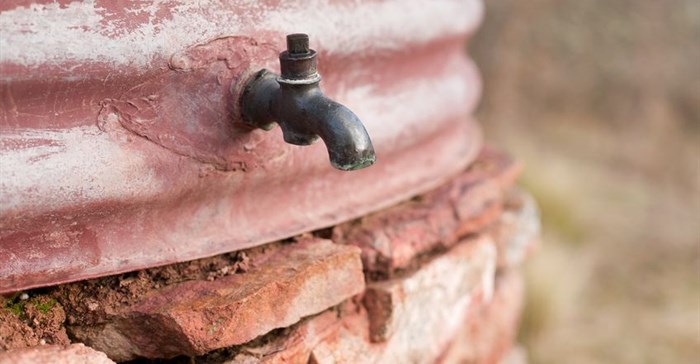According to Richard Gray, CEO of Harcourts Real Estate, many homeowners are choosing to renovate rather than relocate these days - and if you go 'green', your upgrade could even pay for itself over the next few years.
"Utility bills keep rising as do transport, food, education and medical costs, with the result that most consumers are facing great challenges now to keep their monthly expenses at manageable levels," says Gray.
"So if you decide to renovate or extend your home now, it makes good sense to include as many energy-saving and other 'green' features in your plans as possible. Initially they may be slightly more expensive than traditional alternatives but the savings they generate will soon start to offset higher electricity and water charges and other household expenses.
"In addition, they will also make your home more attractive to cost-conscious buyers if you do ever decide to sell."
Electricity tariffs
Electricity savings should be high on your agenda, he says, in the light of Eskom's ongoing tariff increases that have seen unit costs more than double in the past five years. "Indeed, many homeowners have already switched to solar power or heat pumps to heat water since hot water accounts for a high percentage of household electricity costs.
"And in fact even if you are not currently renovating, it would make financial sense to switch to alternative ways to heat household water."
Other ways in which electricity costs can be limited include making sure that any heating or cooling systems are highly functional by ensuring proper insulation to keep the heat in during winter and out during summer. Window and roof insulation, as well as making sure doors fit properly, are aspects that need to be considered.
If new appliances such as stoves and fridges form part of the upgrade, consumers would be well advised to choose energy-efficient models that will contribute to lower power bills, as well as extremely energy-efficient and long-lasting LEDs bulbs for household lighting.
Grey water usage
Gray says water usage is the second major area where savings can be made. "If plumbing forms part of the upgrade, homeowners should consider installing a grey water system to safely re-use bath and shower water in the garden.
"Kitchen and bathroom renovations could also include the use of low-flow aerated taps and shower heads, and low-flow toilet cisterns to save a little extra water each day that will add up to a significant amount over a month or a year."
Tanks to catch and store rain water run-off from roofs for irrigation are another good idea to cut metered water consumption, he says, especially in the current drought conditions. "And, once again, when replacing appliances such as dishwashers or washing machines, you need to make sure the new ones are rated for low water consumption."





























